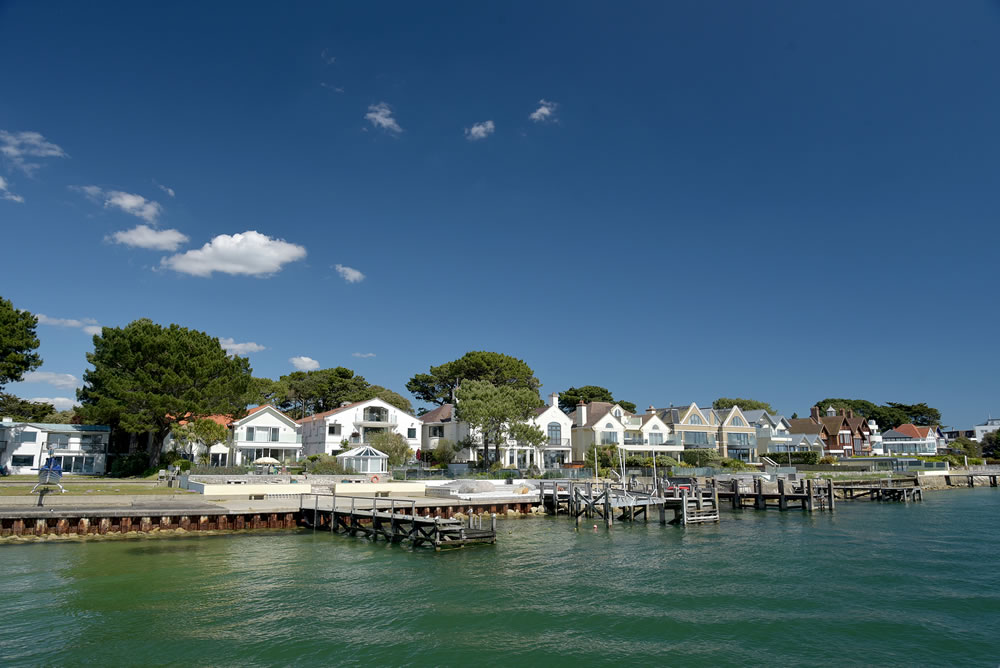Words by Jenna Whistler, associate at Farrer & Co
For many years, Salcombe has been the destination of choice for affluent second homeowners, earning it the nickname ‘Chelsea-on-Sea’. As a result, prices have skyrocketed, and South Hams District Council has, in the past, sought to impose planning restrictions preventing newly constructed homes from being occupied other than as primary residences.
As these restrictions are often overlooked, and with current complexities surrounding international travel making Salcombe a key choice for those in search of a domestic coastal retreat to call their own, plans are now underway to strengthen these planning restrictions. The clock is therefore ticking for second home buyers to snap up their own piece of the South West.
Choosing your dream holiday home
Whether buyers are looking for a home on the waterfront or something a little further inland away from the hustle and bustle of the town, they should consider instructing a buying agent who knows the area and will be able to identify key properties both on and off the market.
A buying agent will be able to conduct viewings on their client’s behalf, which is a significant advantage for those buyers who do not have the luxury of time to make the long trip down to the coast for viewings. They will also manage the entire acquisition process, from negotiating the price and terms with the selling agent to recommending a solicitor and a surveyor with knowledge of the area.

Acquisition finance
With many banks still dealing with the substantial backlog of mortgage applications following the recent SDLT holiday, and with many buyers still looking to snap up property before the complete end of the holiday on 30 September 2021, it is essential that buyers reliant upon mortgage finance have their arrangements in place promptly to avoid losing out.
Discussions with private bankers and mortgage brokers should take place as soon as possible so that there is sufficient time to complete any internal administration or client onboarding to avoid any unnecessary delays once a property has been found.
For cash buyers, it is important to ensure that funds are easily accessible and that all necessary arrangements are in place for these to be transferred to the buyer’s solicitor when they are requested.
Appoint your trusted advisors
Buyers should ensure that they have a team of trusted advisors ready to commence the purchase process as soon as a property is found. In particular, they should consider appointing a solicitor before they commence their search to ensure that any client onboarding is dealt with in advance so that work can begin and searches submitted once a deal has been agreed.
A communicative and efficient solicitor will be invaluable and will be able to work within the buyer’s desired time frame. A solicitor will also be able to conduct some preliminary due diligence prior to an offer being made to check that there are no obvious red flags such as unauthorised alterations, restrictions on the buyer’s intended use of the property (such as enduring planning conditions on occupation); and checking that there are no title defects.
Equally as important, is appointing an experienced surveyor who knows the local area and will be able to provide the buyer with advice on potential repair and maintenance issues.

Searches or indemnity?
Throughout the SDLT holiday, local authorities have been under immense pressure to process searches, which is something that is unlikely to cease for South Hams District Council with the likely rush of second home buyers. This has led to local authority searches taking significantly longer than usual to be processed and, in some circumstances, it can delay exchange and put unnecessary pressure on the transaction.
If time is of the essence, it is always worth considering whether indemnity insurance in lieu of searches is possible (this is not always an approach accepted by banks and so their policy should always be reviewed) and if so, appropriate.
Indemnity insurance is intended to provide financial compensation where it comes to light that the property is affected by an adverse entry that would have been revealed by the local authority search and may be appealing to clients who are able to take a more relaxed view on their due diligence.






















